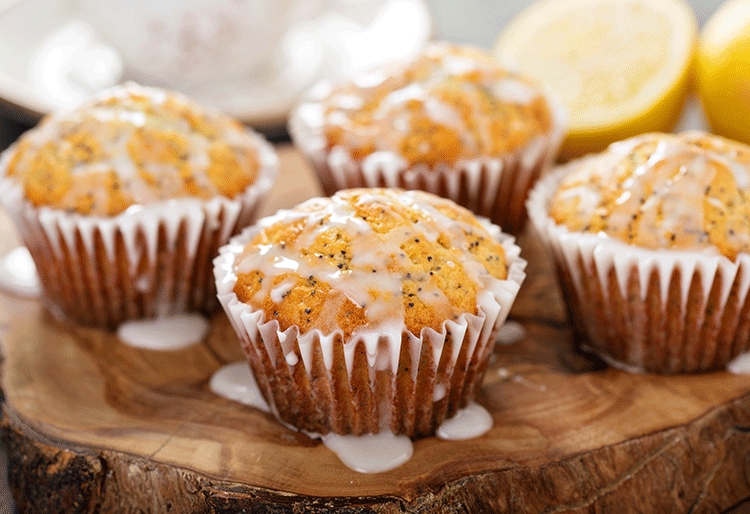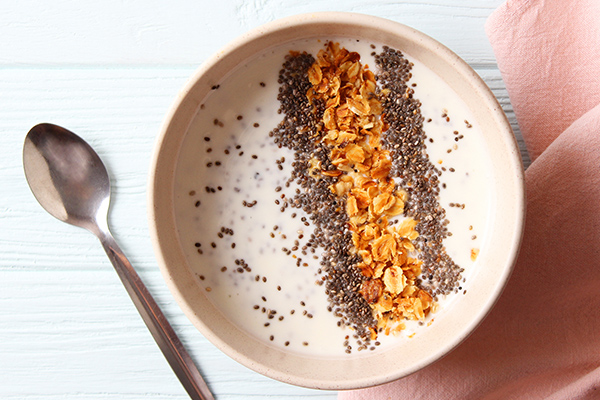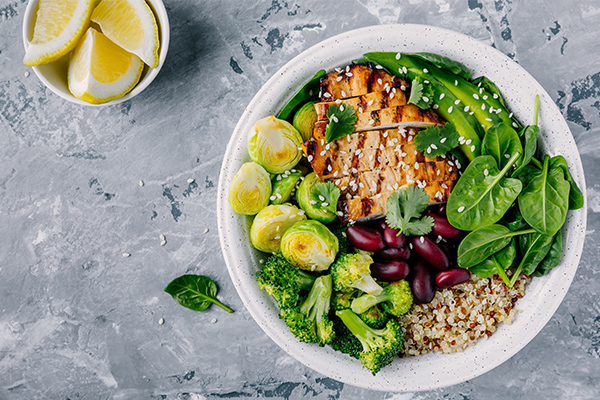Types of seeds and their properties
Seeds are in fashion and an increasing number of people are eating them. But why are they special? They provide style, texture, colour, flavour and many important nutrients for the body. Let’s find out about the properties that these small grains provide us with and how we can incorporate them into our meals in original ways.
TRIED AND TESTED
Share

What are the most beneficial seeds for health?
Within the seed family there are countless varieties but, in general, they all provide us with calcium, healthy omega 3 fats, vitamins, proteins, fibre, magnesium, iron and folic acid, among other things. They also provide energy, are antioxidants, contribute to improved cholesterol levels, regulate intestinal transit and are very filling.
Let’s look at some of them:
- Flaxseeds: like other seeds, flaxseeds are also a source of essential fatty acids and have a high protein content. They are rich in vitamins C and E, and contain calcium, iron, potassium and magnesium. They also provide soluble fibre, forming a gel if they come into contact with liquids, and because of this, they can be used as a natural thickener.
- Sesame seeds: are most commonly used to make baked products in bakeries. Rich in unsaturated fats and with a large quantity of vegetable protein, these seeds also provide vitamins E and B, thereby contributing to the proper functioning of the central nervous system.
- Poppy seeds: their small size does not prevent them from being the seeds with the most calcium (1400 mg for each 100 g). They also contain vitamin A, which has antioxidant effects and protects the skin and hair. Their iron content is also notable.
- Chia seeds: as with flaxseeds, chia seeds are natural thickeners and are used in many dishes to avoid the use of refined flour or sugar. They are rich in zinc, which is important for the proper functioning of the immune system and provide high-quality proteins, as well as selenium, with antioxidant effects, iron, magnesium, calcium and phosphorus, among other nutrients.

- Fennel seeds: along with poppy seeds, they are one of the seeds that contain the highest levels of calcium (1300 mg for every 100 grams). They also provide fibre, potassium, magnesium and other minerals that our bodies need. Fennel seeds can be used as a condiment or seasoning for different dishes, or can even be added to various breads.
- Sunflower seeds: are rich in mono and polyunsaturated fats that help to reduce bad cholesterol and to raise good cholesterol in the blood. They are also rich in fibre, potassium, phosphorus, magnesium, calcium, as well as B group vitamins, vitamin E and folic acid. This large variety of minerals makes them ideal for sportspeople, as they contribute to the good functioning of the nervous and muscular systems of the body.
- Pumpkin seeds: they are very rich in omega 3 and 6 fatty acids and have a large number of vitamins and minerals. Notable among these are magnesium, selenium, potassium, phosphorus, vitamins A and E. They are also notable for their protein content (24 grams for every 100) and they are rich in fibre, which helps to reduce cholesterol in the blood and avoid intestinal malfunction. Apart from using them as a complement in salads, many people choose to eat them as a healthy snack at any time of the day.
How to use seeds in the kitchen
Seeds have become more important as ingredients in recent years. Although they can be eaten just as they are when we buy them, just mixing them with milk or yogurt, for example, or as a healthy snack between meals, you can also make use of them in a multitude of recipes and preparations to take advantage of the thickening properties contained by many of them.
Make the most of these tiny yet powerful ingredients in your recipes. They can bring great benefits to health as well as provide a different touch to your dishes.







